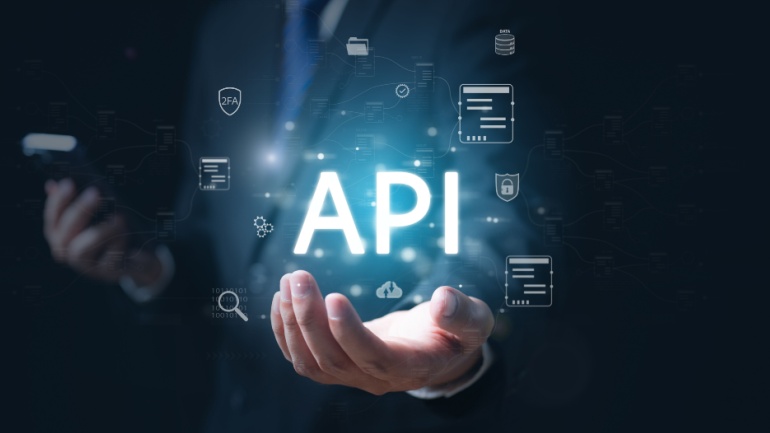Greenerwave, a French deep-tech company specializing in electromagnetic wave control, along with its partners in the 6G Non-Terrestrial Networks (6G-NTN) project, has released a white paper titled “Vision on Non-Terrestrial Networks in 6G Systems (or IMT-2030).” This document outlines the future of connectivity within the 6G ecosystem, highlighting the anticipated development of a new generation of wireless communication technologies expected to begin deployment around 2030.
A new high-capacity data backbone spanning the UK, Netherlands, Germany, Denmark, and Norway promises increased capacity and redundancy. XL Axiata and Ericsson team up to integrate 4G and 5G services into a cloud-based network. AppDirect introduces AppDirect AI, a secure marketplace allowing users to create AI apps without coding. Cynomi expands its vCISO services to European MSPs and MSSPs, prioritizing data localization.
French telecommunications giant Orange has announced a strategic partnership with Nokia, aiming to broaden the reach of its network APIs. This collaboration will leverage Nokia’s Network as Code platform, incorporating a developer portal to invigorate the 5G market and stimulate revenue growth.
The UK’s telecommunications regulator, Ofcom, is advancing plans to facilitate shared access to the highly sought-after upper 6 GHz band, proposing two primary frameworks to balance the needs of both mobile and Wi-Fi providers. The first proposed approach, known as variable spectrum split, would allow both mobile and Wi-Fi services to use portions of the spectrum not occupied by the other.
Deutsche Telekom, the German telecommunications giant, is ramping up its international wholesale services with a focus on the emerging API (Application Programming Interface) ecosystem. The company’s Global Carrier division has introduced a suite of services known as Global Carrier Digital Services, providing wholesale customers with access to a range of APIs to enhance their own offerings.
The demand for data centers is soaring due to edge services and generative AI. Nokia’s first-quarter results showed a 19% drop in sales but a notable 52% profit increase. Telesystem has launched new cybersecurity bundles featuring updated Employee Security Awareness Training. Utility companies are using GIS technology to address infrastructure, workforce, and demand challenges.
A recent study conducted by Cradlepoint, a subsidiary of Ericsson, shed light on the crucial role of connectivity infrastructure in driving revenue growth for businesses. According to the report, a staggering 98% of technology decision-makers anticipate a revenue increase averaging 19% if they enhance their connectivity systems.
Vonage, a prominent player in cloud communications and a subsidiary of Ericsson (NASDAQ: ERIC), has clinched the prestigious Gold Award for its 5G advancements at the Merit Awards for Telecom. The accolade highlights Vonage’s commitment to fostering digital transformation through its global network platform.
Nokia has enhanced its WaveSuite optical network platform. Companies across various industries are increasing their investment in artificial intelligence. Ericsson launched EFTG to drive 5G advancements in U.S. federal agencies for national digital transformation. NVIDIA’s launch of the GB200 Grace Blackwell Superchip promises to revolutionize generative AI’s efficiency and performance.
A recent study by Ericsson and Juniper Research reveals significant growth prospects for the mobile financial services (MFS) sector, forecasting a surge in user engagement and transaction values by 2028. The analysis suggests a shift towards a more diverse offering in mobile money services, predicting that 40% of mobile subscribers will utilize these services by 2028, a notable increase from the current 29%.













